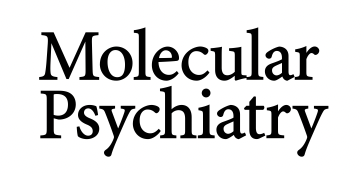Brain ageing in schizophrenia: evidence from 26 international cohorts via the ENIGMA Schizophrenia consortium
Abstract Schizophrenia (SZ) is associated with an increased risk of life-long cognitive impairments, age-related chronic disease, and premature mortality. We investigated evidence for advanced brain ageing in adult SZ patients, and whether this was associated with clinical characteristics in a prospective meta-analytic study conducted by the ENIGMA Schizophrenia Working Group. The study included data from […]






